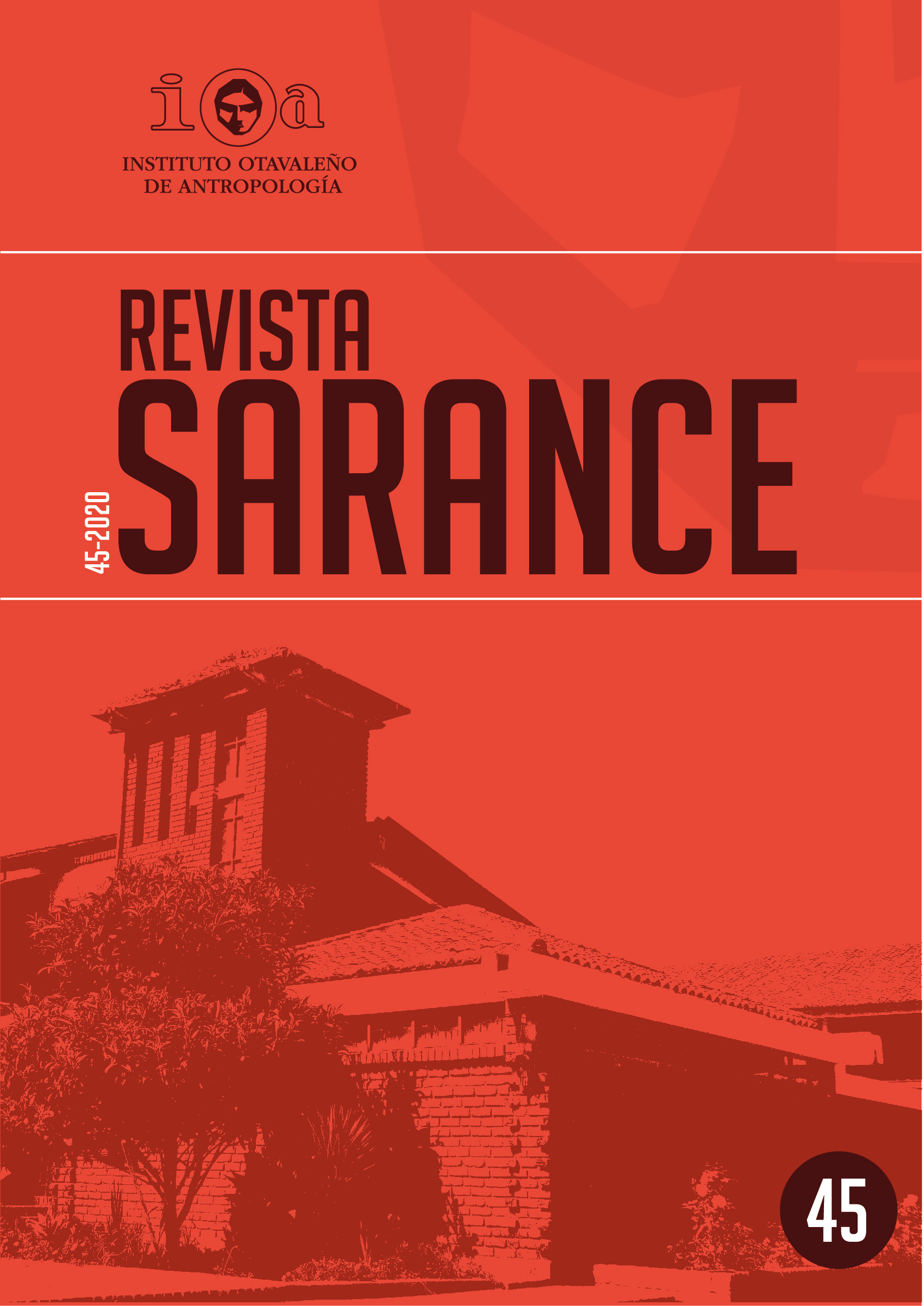Abstract
In general, we are accustomed to discussing the problem of racism from an eminently moral perspective, that is, from the position that provokes the outrage or identification of an episode in which one or more individuals have committed a racist act on another individual or several individuals. In fact, this form of positioning isn’t completely disposable, however, it requires a panoramic enlargement for its real understanding, especially if what is required is to progress rapidly in order to abolish or reduce to a minimum expression the relations of racial discrimination, in short, racism. This article seeks to generate an evaluation of racism’s construction, and it will also attempt to reveal the hierarchical form of subjective relationship that occurred at a time in American history and how its specific materiality of domination and control contributed to the consolidation of racial differences as a mode of differentiating among people.

This work is licensed under a Creative Commons Attribution-NonCommercial-ShareAlike 4.0 International License.
Copyright (c) 2020 Array





